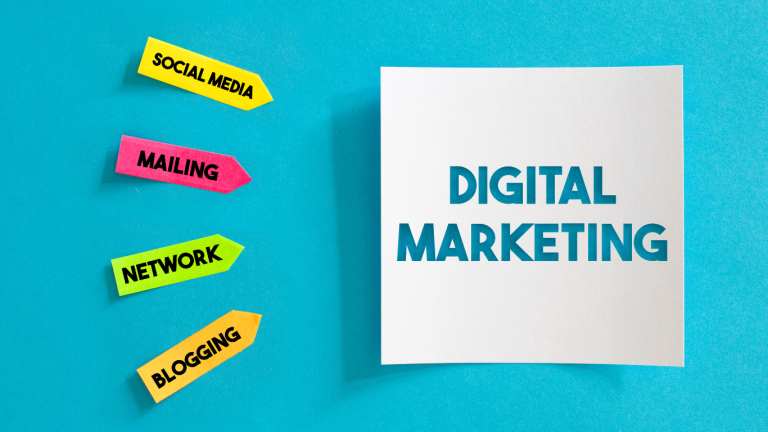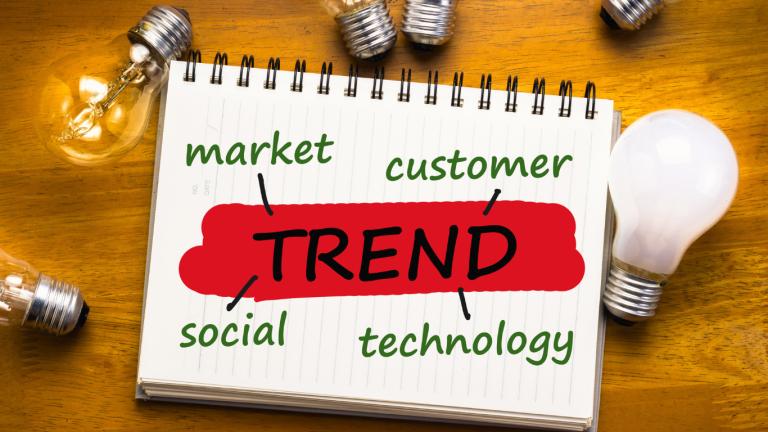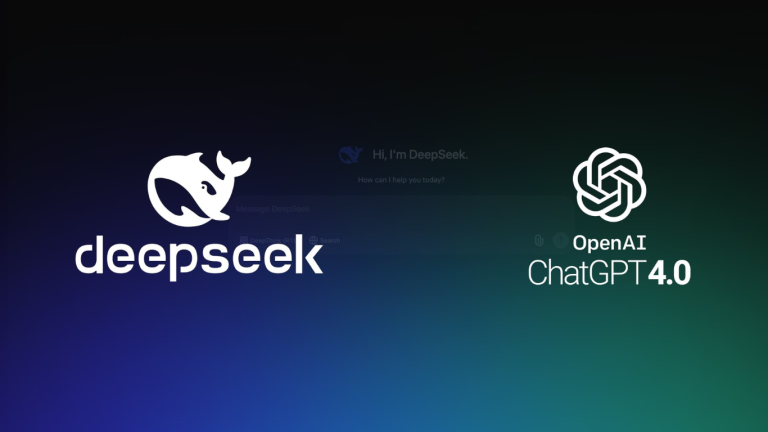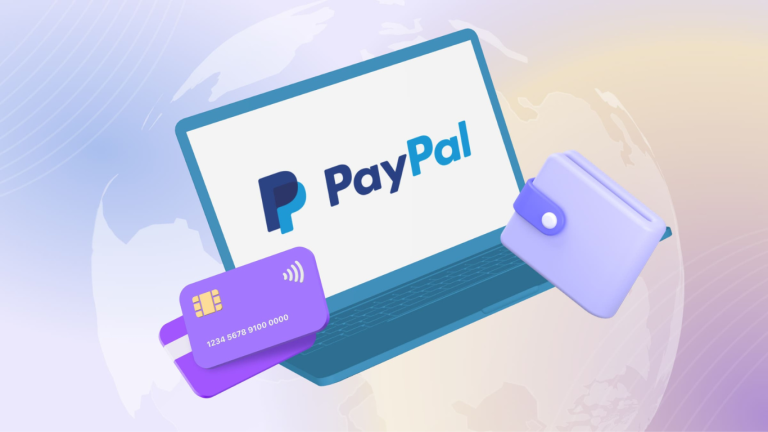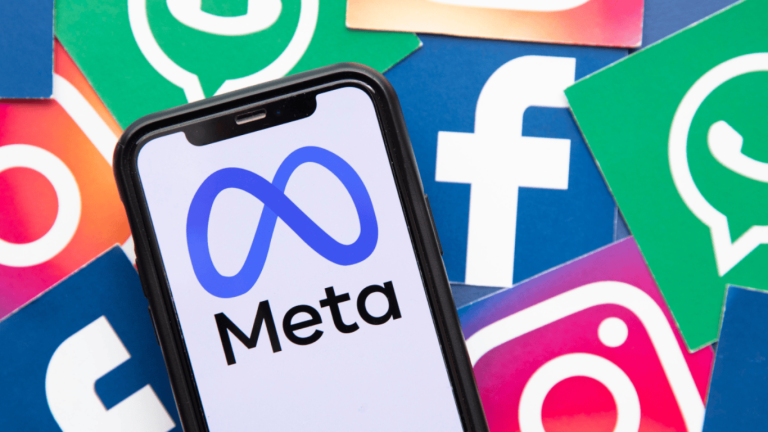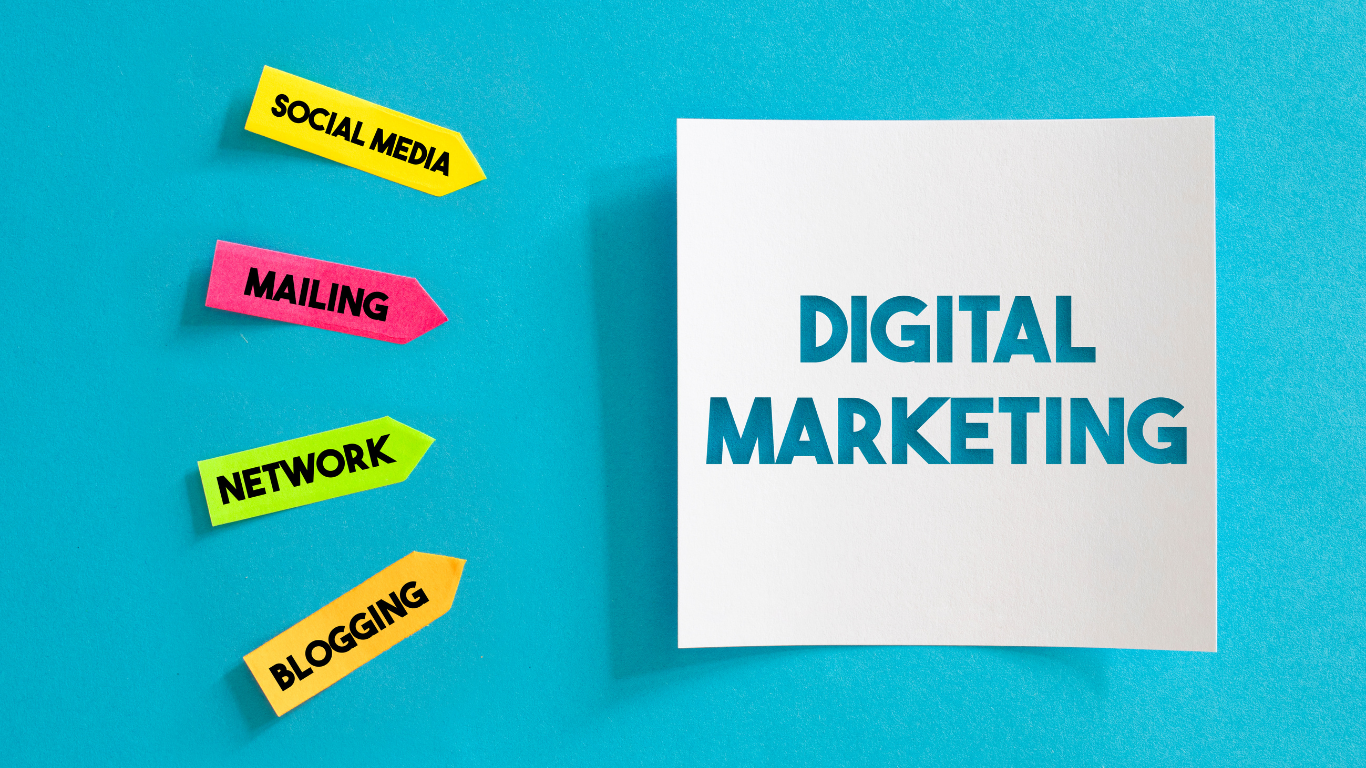
Digital Marketing: The Key to a Winning Business Strategy
In today’s fast-paced digital world, businesses that fail to embrace digital marketing risk falling behind. A study by Statista reveals that global digital ad spending is expected to surpass $700 billion by 2025, highlighting the shift from traditional to online marketing. But digital marketing isn’t just about running ads—it’s about
building a strategic approach that aligns with business goals and customer needs.
1. Data-Driven Decision-Making
One of the biggest advantages of digital marketing is the ability to collect and analyze data in real-time. Unlike traditional marketing, where success is often measured by estimations, digital marketing allows businesses to track performance through:
- Google Analytics for website traffic insights
- Social media metrics to gauge engagement and brand awareness
- A/B testing to refine marketing campaigns for better conversions
By leveraging data, companies can optimize their strategies and improve ROI.
2. Personalization & Customer Experience
Customers expect brands to understand their needs and provide personalized experiences. With AI and automation, businesses can tailor content, emails, and product recommendations based on user behavior. Some key personalization tactics include:
- Email marketing automation with dynamic content
- Chatbots & AI-driven support for instant customer engagement
- Behavioral targeting to deliver relevant ads to the right audience
A personalized experience builds brand loyalty and increases customer retention.
3. SEO & Content Marketing: The Foundation of Visibility

Organic traffic is the lifeline of digital success. Businesses that invest in SEO (Search Engine Optimization) and content marketing see long-term results in brand visibility and authority. Key strategies include:
- Keyword optimization to rank higher on search engines
- High-quality blog content & thought leadership
- Video marketing & interactive content for engagement
A strong content strategy not only drives traffic but also establishes credibility in the market.
4. Social Media & Influencer Marketing
Social media platforms have transformed the way businesses interact with their audience. Brands can leverage platforms like LinkedIn, Instagram, and TikTok for targeted marketing. Additionally, influencer collaborations help build trust and authenticity.
- Engaging storytelling on social media
- Micro-influencers for niche audience targeting
- Community building & brand advocacy
Social media isn’t just about presence—it’s about building meaningful connections.
5. The Power of Paid Advertising & Retargeting
While organic growth is essential, paid advertising accelerates visibility. Platforms like Google Ads and Facebook Ads offer advanced targeting options to reach specific demographics. Retargeting ads ensure that potential customers who visited your site return and convert.
Digital marketing is no longer optional—it’s a necessity for business success. The right strategy involves leveraging data, personalization, SEO, social engagement, and paid advertising to create a comprehensive approach. Businesses that master these elements will not only survive but thrive in the digital age.

_medium.png)


